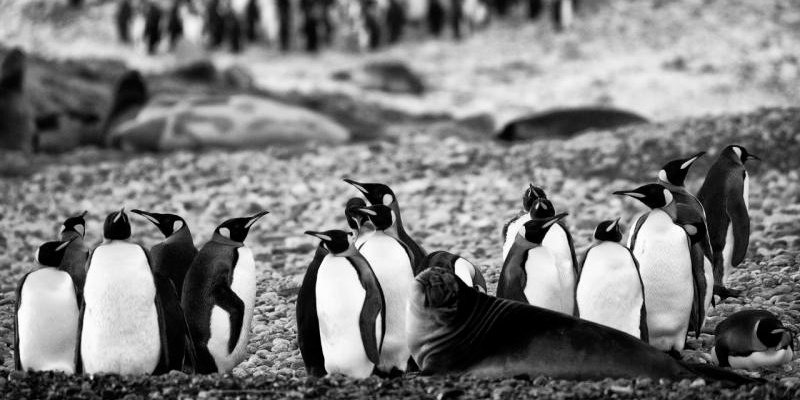A conservation project will launch an unprecedented killing spree in the Antarctic today.
Professor Anthony Martin from Dundee University is in charge of the seven-year project to eradicate rats from South Georgia, one of the world’s most important breeding grounds for seabirds until man arrived in the 18th century.
The island, a UK overseas territory around twice the size of Angus, was discovered by Captain Cook and, within a decade of his arrival, was a regular stopping off point for sailors tracking seals around its coast.
Some 31 species of bird, many of which are endangered, breed on the island. However, brown rats and mice, inadvertently brought to the island by sealers and whalers from the late 1700s onwards, have had a devastating effect on the island’s ecosystem and are now threatening to destroy it entirely.
In particular, huge numbers of ground-nesting birds, including common species such as the South Georgia pipit and South Georgia pintail, are eaten by rats each year and their eggs and chicks taken.
Although glaciers have checked the rodents’ spread, these are melting and it is feared rats could spread across the whole island and completely destroy its ecosystem.
Now, technology has been created that the South Georgia Heritage Trust hopes will kill all the non-native rats and mice and preserve the island as a sanctuary for seabirds. The only way to eradicate the rodents on an island the size of South Georgia is to spread pellets of rodenticide by helicopter, and this can only happen in March and April without the risk of poisoning seabirds.
In phase one, two helicopters will drop 58 tonnes of the poison this month in a bid to wipe out the rats.
The Habitat Restoration Project is being led, organised and financed by the South Georgia Heritage Trust and has been supported by the Government of South Georgia and the South Sandwich Islands (GSGSSI), the British Antarctic Survey and Dundee University.
Professor Martin, project director of the South Georgia Heritage Trust and professor of animal conservation at Dundee University, said, “The scale of the challenge is daunting, but the conservation rewards cannot be overstated literally millions of seabirds will reclaim South Georgia from the rats.”
Of the estimated £8 million cost of removing the rodents from the island, the trust has raised £1.6 million to fund phase one. It is raising £5 million to fund phase two, which will allow the rest of South Georgia to be cleared of rodents.
Photo by Flickr user *christopher*.
